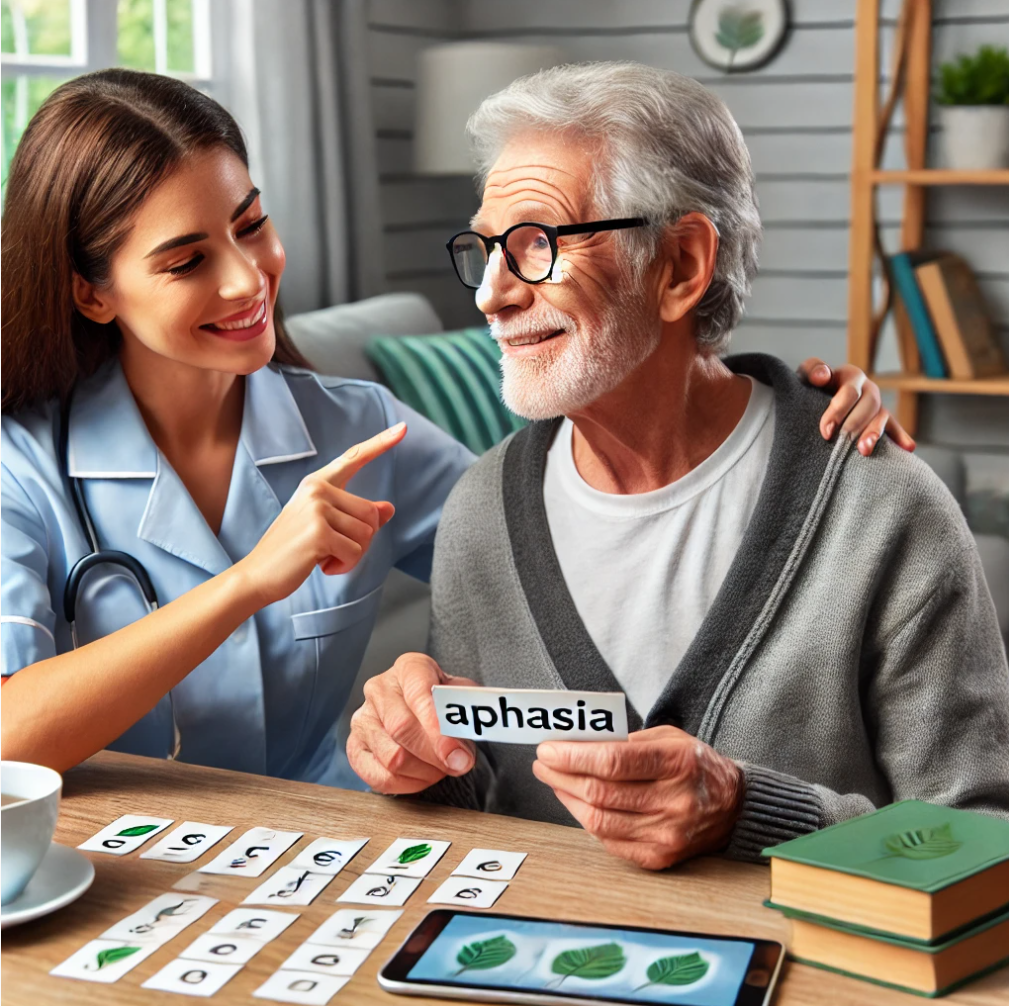Being a teenager can be overwhelming. With schoolwork, relationships, extracurricular activities, and the pressure to fit in, it’s easy to feel stressed and distracted. Mindfulness and meditation are two practices that can help you manage these feelings and stay grounded. Learning how to practice mindfulness and meditation can improve your focus, help you manage emotions like anger and anxiety, and contribute to your overall well-being.
This guide will walk you through the basics of mindfulness and meditation, provide tips on how to get started, and explain why these practices can make such a big difference in your life.
What Is Mindfulness?
Mindfulness is the practice of paying attention to the present moment without judgment. It means focusing on what’s happening right now—your thoughts, emotions, and physical sensations—without trying to change or escape from them (Kabat-Zinn, 1990). Being mindful helps you become more aware of your experiences and less reactive to stressful situations.
For teens, mindfulness can be a powerful tool. Whether you’re dealing with social pressure, academic stress, or family issues, practicing mindfulness helps you pause, take a step back, and observe your feelings before reacting impulsively.
What Is Meditation?
Meditation is a mental practice that helps you focus and calm your mind. It often involves focusing on your breath, a word (called a “mantra”), or an object while gently letting go of distractions. There are many types of meditation, but most aim to train your mind to be more present, peaceful, and aware (Torrente, 2019).
For teens, meditation can reduce stress and improve mental clarity. Regular meditation can help you feel more in control of your emotions and better equipped to handle life’s challenges.
Benefits of Mindfulness and Meditation for Teens
Practicing mindfulness and meditation has numerous benefits, especially during the turbulent teenage years. Here are some of the ways these practices can help you:
- Improved Focus and Concentration: Mindfulness helps train your brain to focus on one thing at a time. This skill is especially helpful for improving concentration on schoolwork (Galla, 2016).
- Better Emotional Regulation: Mindfulness allows you to notice your emotions without being overwhelmed by them. You’ll learn to pause and respond calmly rather than react impulsively (Sukhodolsky et al., 2017).
- Reduced Stress and Anxiety: Regular meditation can lower stress and anxiety levels by calming the mind and body, making you feel more relaxed and centered (Torrente, 2019).
- Enhanced Self-Awareness: Practicing mindfulness makes you more aware of your thoughts, feelings, and behaviors. This can help you understand yourself better and make healthier decisions (Child Mind Institute, 2020).
- Improved Relationships: Being mindful can help you communicate better, listen more attentively, and respond thoughtfully, which can improve your relationships with friends and family (Friedman, 2020).
How to Practice Mindfulness as a Teen
You don’t need special equipment or a lot of time to start practicing mindfulness. Here are a few simple ways to begin:
- Mindful Breathing
- Sit comfortably and focus on your breath.
- Breathe in through your nose for a count of four, hold for four, and then exhale through your mouth for four.
- As you breathe, pay attention to the sensation of the air moving in and out of your body.
- If your mind starts to wander (which is normal), gently bring your focus back to your breath.
- Do this for 3-5 minutes each day, gradually increasing the time as you get more comfortable.
- Body Scan
- Lie down in a quiet space.
- Close your eyes and start by focusing on your toes. Notice any sensations, tension, or discomfort.
- Slowly move your focus up through your legs, torso, arms, and head, paying attention to how each part of your body feels.
- If you find any tension, imagine breathing into that area and allowing it to relax.
- This practice helps you become more aware of physical sensations and promotes relaxation.
- Mindful Eating
- The next time you eat, try focusing on the experience of eating.
- Notice the texture, taste, and smell of the food.
- Chew slowly and savor each bite without distractions, like your phone or TV.
- Practicing mindful eating can help you enjoy your food more and prevent overeating.
- Mindful Walking
- While walking, focus on how your feet feel as they touch the ground.
- This can be a great way to bring mindfulness into your daily routine, especially if you feel overwhelmed or stressed.
- Notice the rhythm of your steps, the sounds around you, and the way the air feels on your skin.
How to Practice Meditation as a Teen
Meditation takes some practice, but it’s easy to start with just a few minutes a day. Here’s how to get started:
- Find a Quiet Place
- Sit comfortably in a quiet space where you won’t be disturbed.
- You can sit cross-legged on the floor or in a chair with your feet flat on the ground.
- Set a Timer
- Start with 5 minutes and gradually work your way up to longer sessions as you get used to meditating.
- Focus on Your Breath
- Close your eyes and take a few deep breaths.
- Let your breath return to its natural rhythm and focus on each inhale and exhale.
- If your mind starts to wander, gently bring your attention back to your breath.
- Let Go of Judgments
- It’s normal for your mind to wander during meditation. Instead of getting frustrated, simply notice when it happens and return your focus to your breathing.
- Meditation is a practice, and it’s okay if it doesn’t feel perfect right away.
- Try Guided Meditation
- If you find it difficult to focus on your own, you can use a guided meditation app or video. These tools can help you stay focused and teach you different techniques.
How to Stay Consistent
Like any skill, mindfulness and meditation take time and practice. Here are some tips to help you stay consistent:
- Start Small: Begin with just a few minutes each day and slowly increase the time as you become more comfortable.
- Create a Routine: Try to practice mindfulness or meditation at the same time each day—whether it’s in the morning, after school, or before bed.
- Be Patient: Don’t expect immediate results. Over time, you’ll notice the benefits of mindfulness and meditation in your everyday life.
- Use Apps or Videos: There are many great apps like Headspace or Calm that offer guided meditations and mindfulness exercises for beginners.
Conclusion
Mindfulness and meditation are powerful tools that can help teens manage stress, improve focus, and enhance emotional well-being. By practicing these techniques regularly, you can develop the skills to handle life’s challenges with greater calm and clarity. Remember, it’s okay to start small and be patient with yourself. The more you practice, the more you’ll benefit from these simple but effective techniques.
This article has been written by John S. Collier, MSW, LCSW Mr. Collier has over 25 years of experience in the social work field and is based in London Kentucky through Southeast Kentucky Behavioral Health, LLC. Mr. Collier may be reached by phone at (606) 657–0532 extension 101 or by email at john@sekybh.com.
References
Child Mind Institute. (2020). How to Help Kids Manage Anger. https://childmind.org/article/how-to-help-kids-manage-anger
Friedman, H. S. (2020). The Longevity Project: Surprising Discoveries for Health and Long Life from the Landmark Eight-Decade Study. Penguin Books.
Galla, B. M. (2016). Mindfulness, academic achievement, and positive behavior among adolescents: The role of executive function. Journal of Educational Psychology, 108(3), 427-441.
Kabat-Zinn, J. (1990). Full Catastrophe Living: Using the Wisdom of Your Body and Mind to Face Stress, Pain, and Illness. Random House Publishing.
Sukhodolsky, D. G., et al. (2017). Cognitive-behavioral therapy for anger and aggression in children and adolescents. Child and Adolescent Psychiatric Clinics, 25(4), 623–634.
Torrente, R. (2019). Mindfulness for Teens: Proven Techniques to Reduce Stress, Manage Emotions, and Improve Focus. Rockridge Press.
Like this:
Like Loading...







